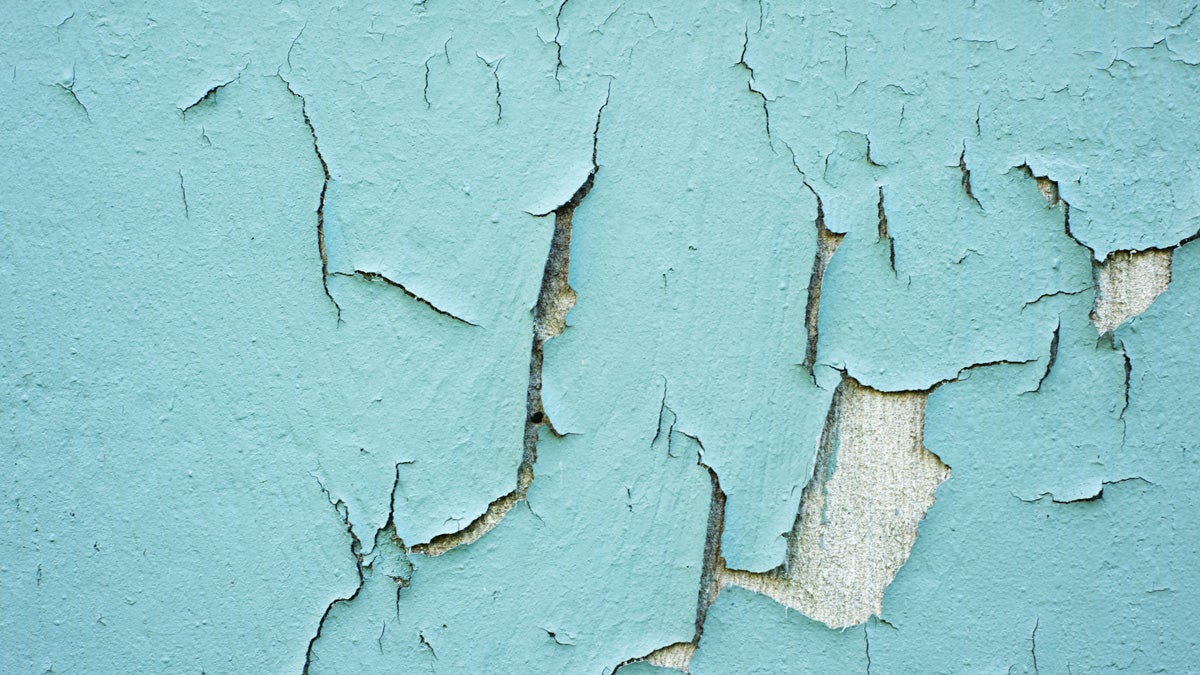Warnings sought in NJ paint stores to help prevent kids from eating lead chips
 Photo via ShutterStock) " title="shutterstock_140895148" width="1" height="1"/>
Photo via ShutterStock) " title="shutterstock_140895148" width="1" height="1"/>
(Photo via ShutterStock)
A New Jersey lawmaker wants the state to do more to prevent children from being poisoned by chips or dust from lead-based paint.
A bill sponsored by Senate Majority Leader Loretta Weinberg would require stores that sell paint to post a sign warning that the improper removal of old paint in homes built before 1978 could result in lead poisoning.
“It affects small children who might play with toys that have been exposed to the lead paint or might be chewing on something right in their own homes,” said Weinberg, D-Bergen. “It’s one of the major issues around learning disabilities.”
Dr. Steven Marcus, medical director at the New Jersey Poison Information and Education System, said it would be more effective to require lead paint be removed from homes before they can be sold.
“Forty years into all kinds of regulations about lead-based paint, we’re still using children as lead detectors,” Marcus said. “We don’t fix the house until a children is determined to have lead poisoning. That’s insane.”
Full lead paint removal can be very costly.
Other programs to reduce lead hazards have cut the rate of lead poisoning among children, but Marcus said it’s still a problem because many people are unaware of the dangers.
“At least a third of the houses in New Jersey are at risk because they have lead paint in them. As long as those houses exist — and as long as some children may explore their environment and may eat paint chips that come off the wall and what have you — we are going to continue to see kids with lead poisoning,” he said.
WHYY is your source for fact-based, in-depth journalism and information. As a nonprofit organization, we rely on financial support from readers like you. Please give today.




